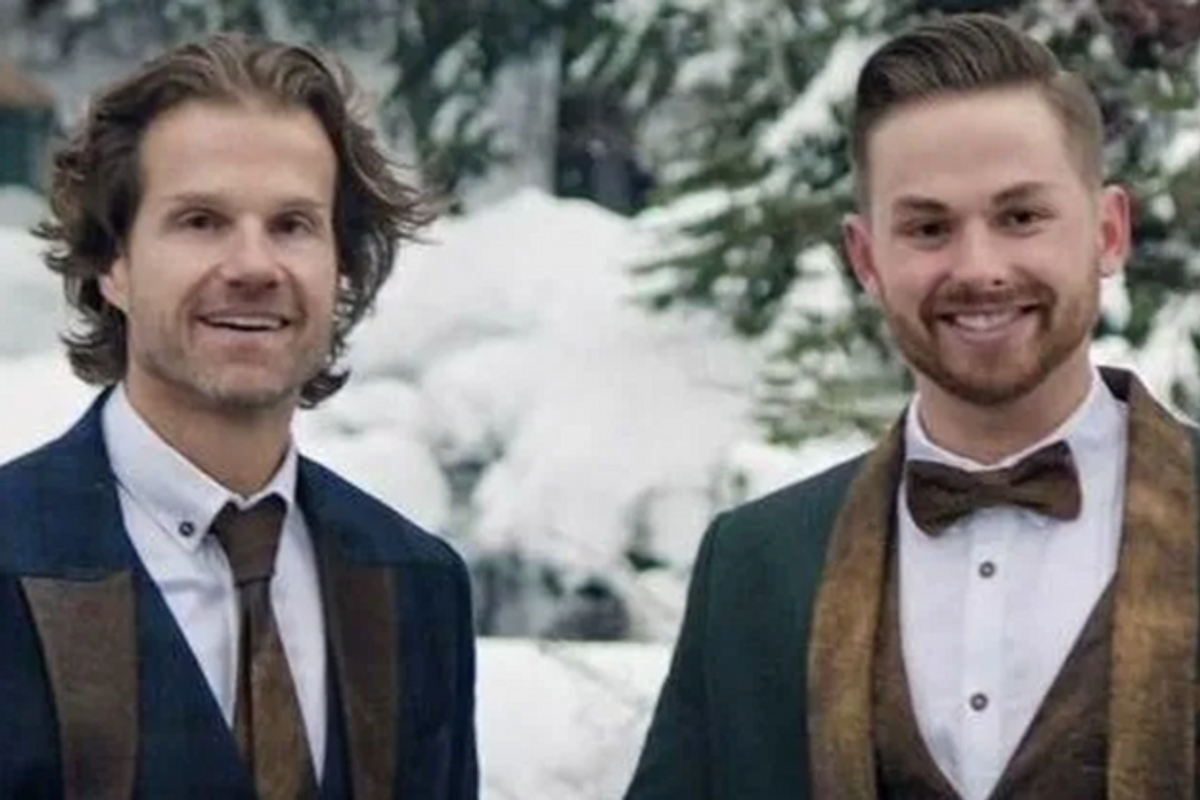Teacher berates young boy for having two dads. Then three female classmates stood up.
"It's awesome what happened as far as those girls coming forward."
The teacher said having two dads was "nothing to be thankful for."
Just imagine being an 11-year-old boy who's been shuffled through the foster care system. No forever home. No forever family. No idea where you'll be living or who will take care of you in the near future. Then, a loving couple takes you under their care and chooses to love you forever.
What could one be more thankful for? That was the situation that Daniel, a fifth grader at Deerfield Elementary School in Cedar Hills, Utah, found himself in back in 2019. Understandably, when asked by his substitute teacher what he was thankful for for Thanksgiving, young Daniel said, finally being adopted by his two dads.

To the child's shock, the teacher replied, "that's nothing to be thankful for," and then went on a rant in front of 30 students saying that "two men living together is a sin" and "homosexuality is wrong."
While the boy sat there embarrassed, three girls in the class stood up for him by walking out of the room to tell the principal. Shortly after, the substitute was escorted out of the building. While on her way out, she scolded Daniel, saying it was his fault she was removed.
One of Daniel's future parents happened to be Louis van Amstel, a former dancer on ABC's "Dancing with the Stars." In an interview with The Salt Lake Tribune., he said "It's absolutely ridiculous and horrible what she did. We were livid. It's 2019, and this is a public school."
Daniel told his soon-to-be parents he didn't speak up in the classroom because their final adoption hearing is December 19 and he was afraid to do anything that would interfere. He had already been through two failed adoptions and didn't want it to happen again.

A spokesperson for the Alpine School District didn't go into detail about the situation but praised the students who spoke out. "Fellow students saw a need, and they were able to offer support," David Stephenson said. "It's awesome what happened as far as those girls coming forward."
"We are concerned about any reports of inappropriate behavior and take these matters very seriously," Kelly Services, the school that contracts out substitute teachers for the district, said in a statement. "We conduct business based on the highest standards of integrity, quality, and professional excellence. We're looking into this situation."
After the incident made the news, the soon-to-be adoptive parents' home was covered in paper hearts that said, "We love you" and "We support you." Thankfully, the substitute teacher was also fired from Kelly Services. And by the looks of this strapping prom photo, it seems that Daniel is doing just fine.
That was 2019. And in 2025, bigotry threatens the LGBT community once again—including the landmark same-sex marriage act being proposed to be overturned by the Supreme Court. While it's scary, not to mention disheartening, standing together against such atrocious prejudice is the only way to keep history from repeating itself. Sometimes we adults really can take the example from our kids.
This article originally appeared six years ago.

